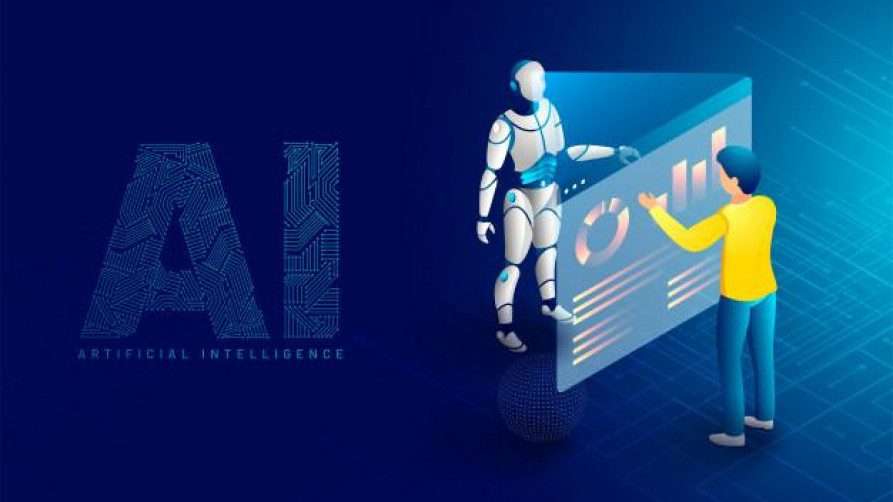
The selection of an ID scanner for a business may be overwhelming because the market has numerous options. Before choosing a technology, it is essential to highlight your needs. Remember, the use of fake IDs is not new because several people use them to get wine or drugs.
For fun and entertainment, you can buy an ID from a reliable maker, such as Maryland fake IDs. Avoid using this ID for drugs and wine. It is a criminal act, and you have to pay a hefty fine if you get caught.
Before selecting technology to detect a fake ID, it is essential to understand your needs. You must find out whether you need technology to verify age or detect bogus IDs. Several people fail to understand the difference between detecting fraudulent IDs and verifying age.
If you want technology to catch fake IDs, you have to understand the different types of scanners available in the market.
Barcode Scanners to Verify Age
These scanners are designed to scan 2D barcodes available on the back of IDs. Remember, barcode scanners can read data encoded in it and display its meaning on screen. The market has different types of ID scanners, such as phone apps, stationary devices, and handheld devices.
Stationary and handheld devices are desirable to a phone app because customers feel anxious. They think that a worker is scanning their identity card with a cell phone instead of an official device.
Producers of a fake ID may use these scanners to ensure their ID cards pass this scanning. They often try to fix the issue. A scanner can instantly give a notification that the ID is valid and has expired. The scanner is supportive of servers or bouncers that may overlook miscalculation or age on visual inspection.
They have to read what is written on the screen. The scanner may show a negative or positive icon, including red X. Calculation errors are common in bars and casinos. A bouncer may wrongly calculate the age of a person. These issues can be resolved with the use of an ID scanner.
Forensic Scanners
Forensic scanning is the greatest and latest ID scanner technology. These scanners may be known as box scanners. Remember, these are obvious and larger than handheld scanners. This feature may scare off some underage clients.
Keep in mind that these scanners are designed to detect low-quality and fake IDs. When scanning a license, a forensic scanner runs scanned photos against its library of authentic licenses and documents, national IDs, military IDs, state IDs, driver licenses, voter cards, etc.
The software can compare design and security features between authentic documents and scanned images. These scanners can evaluate microprint, OCR (optical character recognition), UV (ultraviolet), holograms, and IR (infrared).
For bars and casinos, a forensic scanner may be a good choice. It can increase the convenience of bouncers. They can easily catch fake IDs and avoid possible issues for their business. Make sure to buy a reliable scanner that meets your company’s needs.
Conclusion
The selection of an ID scanner for a business can be daunting, with numerous options available. Understanding your needs is crucial in distinguishing between age verification and detecting fake IDs.
Barcode scanners verify ages by reading 2D barcodes, but forensic scanners further detect counterfeits by comparing scanned images with an authentic document library. Consider a scanner’s ease of use, compatibility, and legal compliance. Invest in reliable technology to safeguard your establishment from potential issues.








